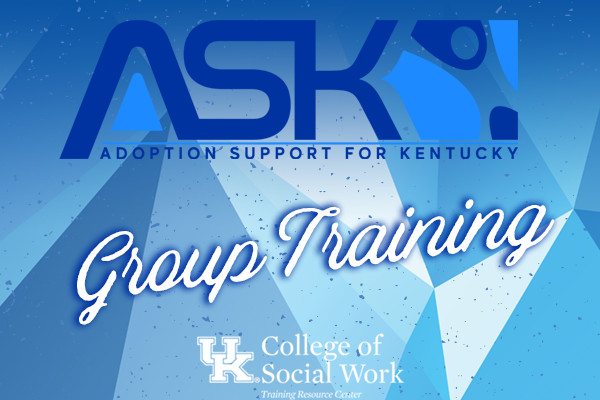Peer support is not achievable outside of a recovery-oriented system of care. This capstone project will identify the strengths and challenges of peer support in a behavioral health setting and will address the research question: How do you define, supervise, and train the peer support worker role in a behavioral health recovery setting? It defines recovery as defined by SAMSHA and will address peer support within this context.
This capstone will lead the journey on the history of mental health recovery, and historical gains in the mental health consumer movement, it will address mental health parity. It is a collection of three distinct papers that each stand alone in their own merit but collectively address peer support in a recovery-oriented setting. The unique view of this collection of papers looks at the current consensus of literature “Peer support is beneficial but proceed with caution”.
This collection of papers will highlight the “peer support is beneficial” but look specifically at “the proceed with caution” and addresses the findings identified in the capstone to propose and apply a solution to the identified challenges within the field by proposing the creation of a nonprofit called RESILIENCE, that will offer peer support, and consultation for organizations engaging in peer support, with program development, implementation, and evaluation.











